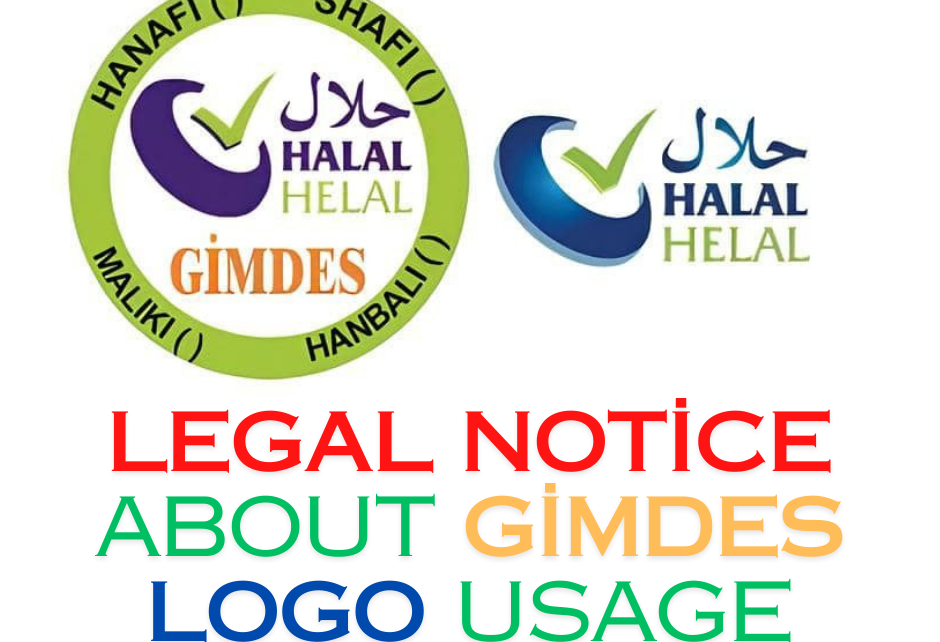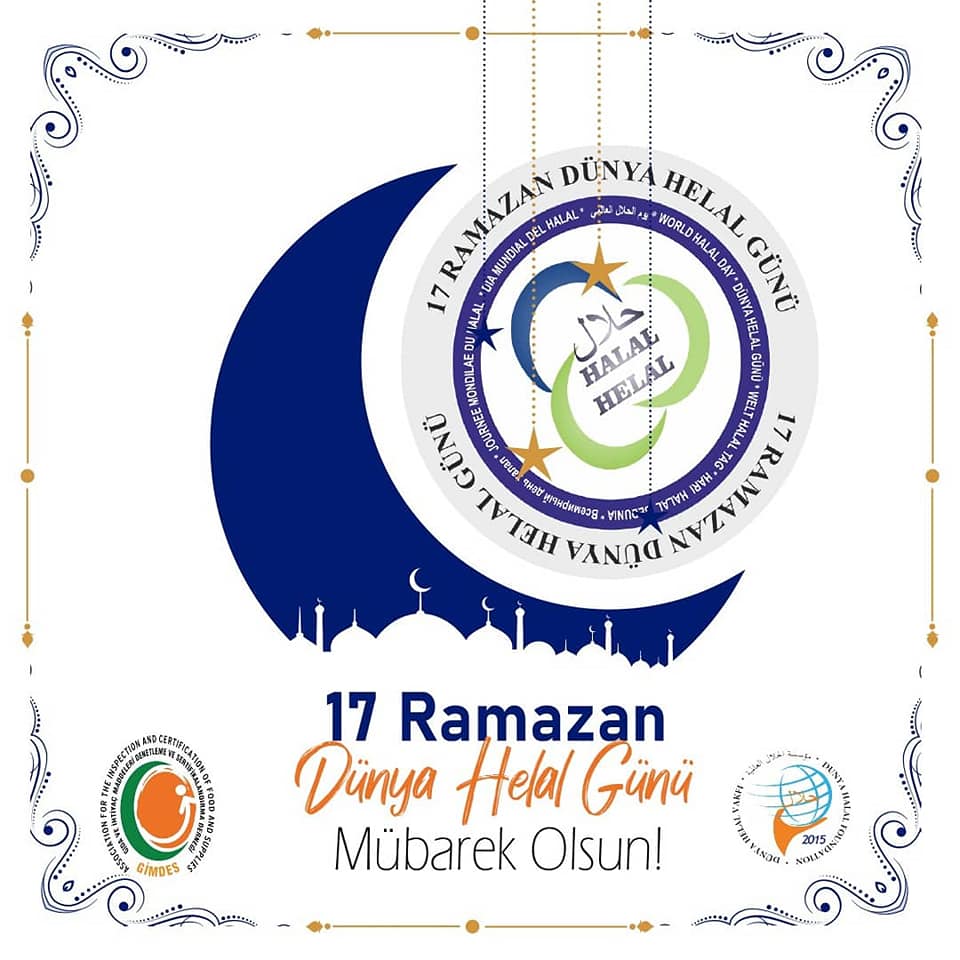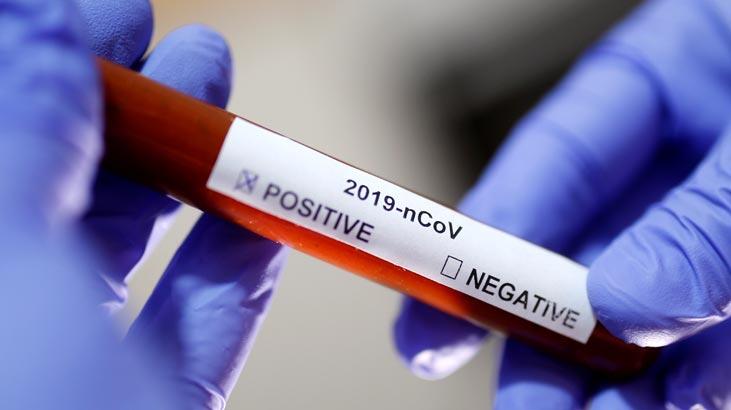Dr. Hüseyin Kâmi BÜYÜKÖZER
The “Halal logo” used for products has become a marketing advantage in the Islamic world, like the kosher logos of Jews and the vegan logos of those who do not eat meat.
In the past century, the understanding of being halal in many Muslim countries was limited to the rules that obliged all Muslims to perform halal slaughter in the Quran and the Sunnah of the Prophet (PBUH), and was focused only on meat products. Today, the necessity of halal certification for all needed items and the distinctive feature of the halal logo have been understood by the Islamic Ummah.
Countries such as Saudi Arabia, Malaysia, Indonesia, where Muslims import from the West live, were complying with the Halal content in the United Nations Nutrition Codex until the period when halal certification came into existence in 1998. Today, in these countries where Muslim communities live, only halal certificates obtained from institutions that are accepted and found reliable are trusted.
When we look at the market shelves;
Today, there is no significant difference between the food products filling the shelves of the markets for a Muslim living in our country, another Islamic country or any non-Muslim country. When we look at the labels of almost all of them, under the heading of “ingredients”, there are words and signs that they do not know the meanings of.
If you are not a food technology expert or have not focused on chemistry, the words “L-cysteine hydrochloride” or “stearol lactilate”, “mono sodium glutomat” will not mean much to you. What will you do if you are a Muslim and have to avoid food additives that are extracted from some animal products or whose harmfulness is discussed? Additives used to give color and flavor to foods threaten human health. Additives that are frequently used to prevent spoilage and extend the shelf life of food and beverages mostly affect children and pregnant women.
As GIMDES, as a result of the struggles we have been carrying out for years since 2005, the halal logo freedom has now been granted on the label.
In Islamic countries, Muslims have been made aware of what to consider with the information given to them on halal food and halal consumption issues. With the power of globalization as an acceptable method among all countries of the world for trade and business practices, an intense awareness has begun on the necessity of halal certification for all processed products and the importance of using the halal logo due to advanced processed food products, cosmetics and other personal care products offered to Muslim countries.
This awareness continues with the fact that a halal logo is required on the label of a halal certified product that includes features such as halal, healthy, tayyib, quality etc. The halal logo will increase the ease of recognition and distinction of halal certified products that have a distinguishable, selected product feature as our consumer right.
Just as a product with a “Kosher” logo gives a Jew the right to choose and prefer; a product with a “Halal” logo gives this right to a Muslim.





